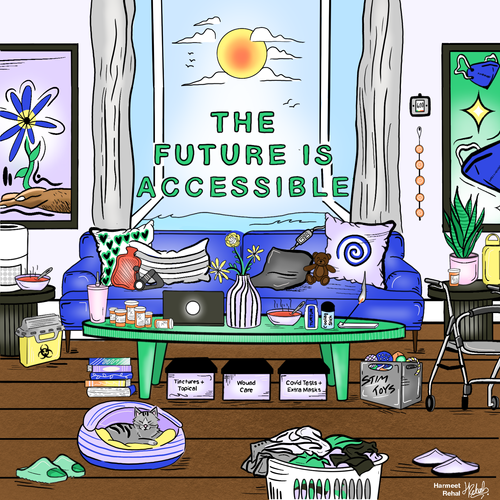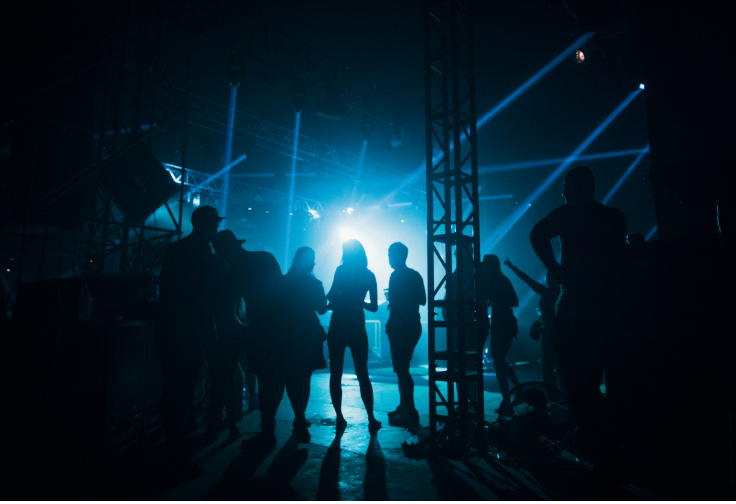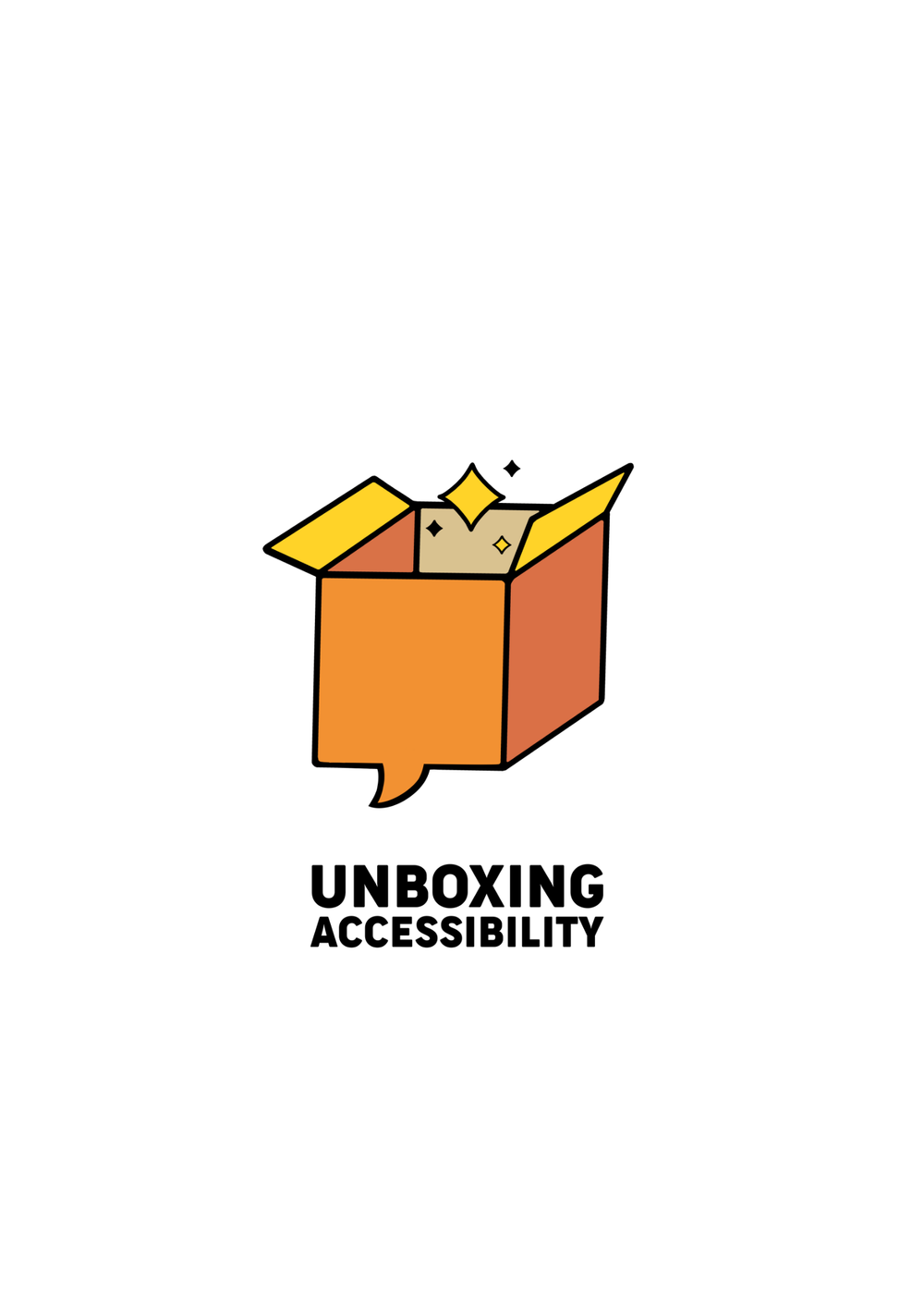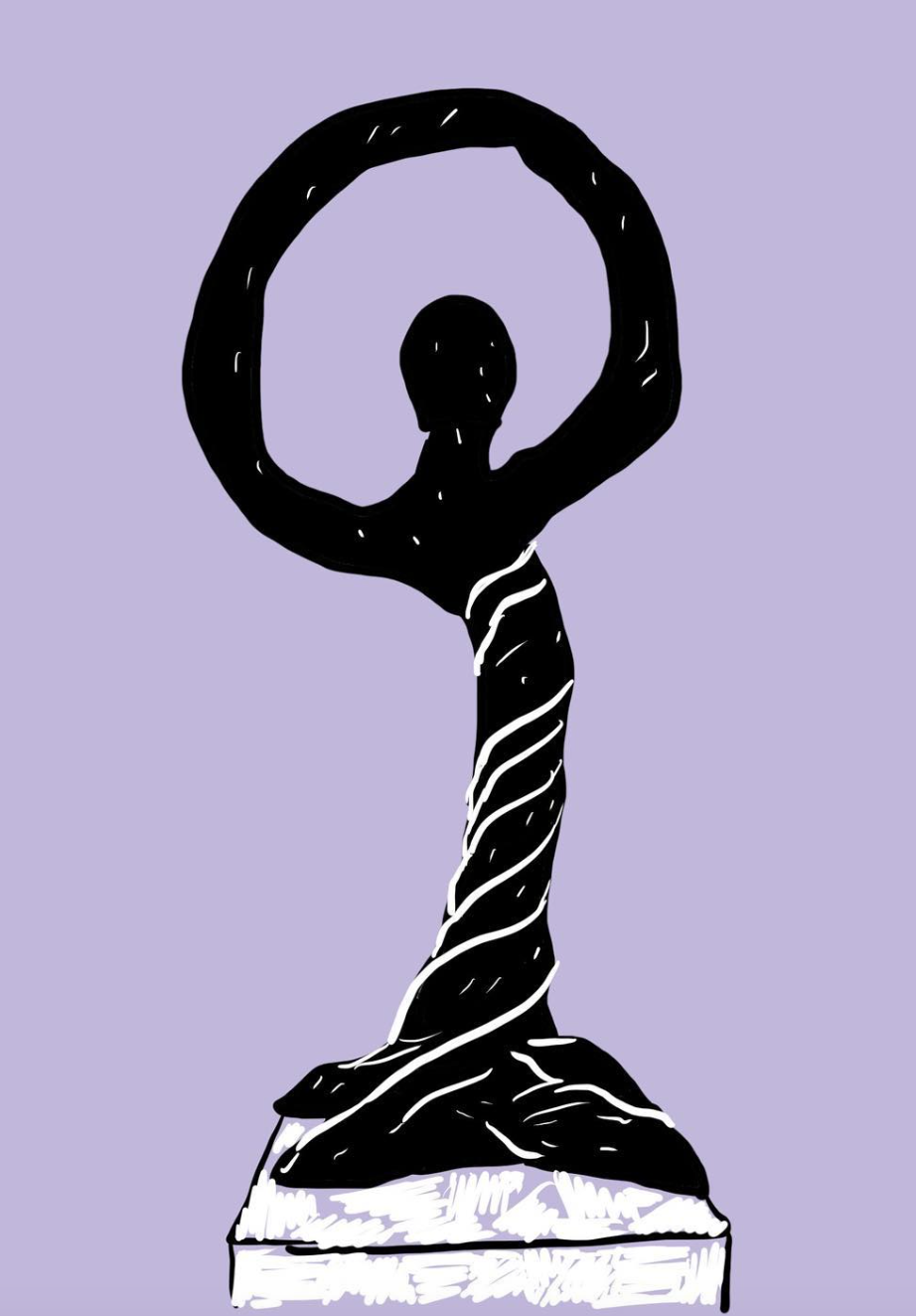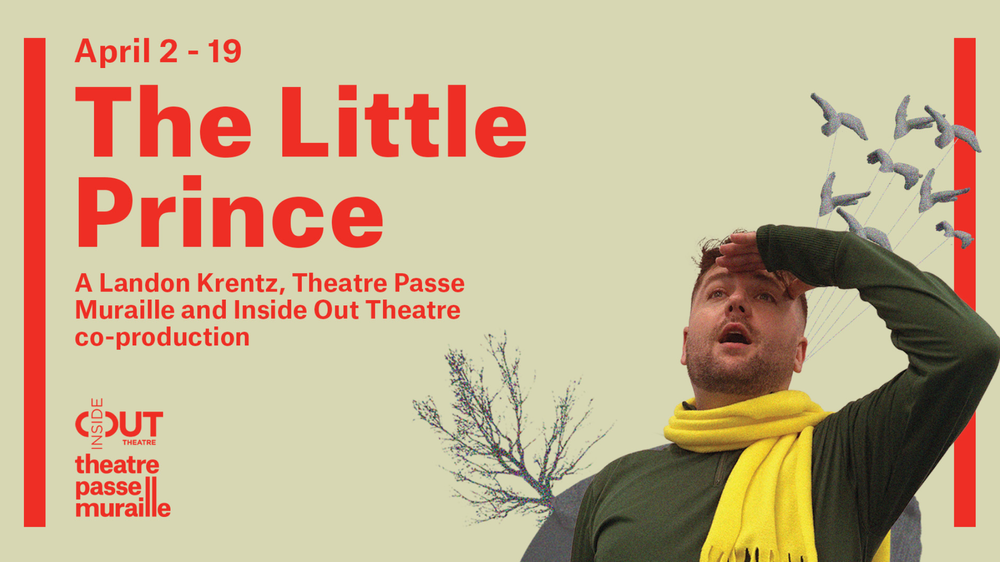A few years ago, while enjoying a lovely summer brunch with a bestie, she shared this horror story with me.
My friend had booked a summer contract at a theatre company that she was very excited about. Since the company was based outside of Toronto, she would need accommodations because a commute just wouldn't be possible.
When it came time to figure out where she'd be staying, she assumed it would be in the same apartment complex all her colleagues were in.
Plot twist, this was not the case.
She was told, "Sorry, the hotel isn't accessible" (my friend is a wheelchair user), "so we're going to send you to stay at Ronam Manor."
When she showed up... it was a senior living facility.
No shade to seniors, but this wasn't the hot-girl-working-actor-summer my friend had been hoping for.
I can't tell you how often I've heard people say, " There's no way to make our backstage accessible," "It's not possible to have our green room up to accessibility standards," or "We're filming in a historic building from the 1600s, so we can't cast disabled actors because to repair would cost so much, and we also need to uphold the history of this building."
Keep in mind the history of these buildings is icky, to say the least.
Luckily, for all those who claim there are no answers, answers now exist.
Meghan Sivani-Merrigan of Apex Arts Access Consulting and Atlantic Presenters Association has created this incredible toolkit called Better Backstages, an online guide to help music and arts spaces identify and remove those barriers.
It’s designed to help venues, arts organizations, and workplaces build safer, more accessible spaces—not just for compliance, but in the spirit of disability justice.
Here’s a quick peek at what’s inside:
- The Built Environment – A physical audit tool to assess entrances, pathways, and stages.
- The Adaptive Environment – An audit tool to review policies, attitudes, and systems affecting inclusivity.
- Access Riders – A customizable access rider template and a resource directory to help venues meet artists’ needs.
- Human Capacity – Guidance on workplace violence risk assessments, harm reduction, alternatives to police intervention, and filing discrimination complaints.
With handy checklists and companion guides, Better Backstages is all about making sustainable, thoughtful changes that support the music and performing arts community.
So the next time accommodations need to be made but folks "just don't know where to begin," I, for one, will be thrilled to share this resource.
Check it out for yourself below!
Thank you for being here. 💚
For Deaf and Disabled artists: All of our services are free when you join and create a member's account on our directory here. If you’ve already done that, ignore this message!
For everyone else: Upgrade to a paid plan to receive member benefits and help us keep this going!
If you don't want to upgrade to paid but want to support us, you can send a one-time donation!
If you don't like getting daily emails from us, no hurt feelings, you can opt-out by scrolling to the bottom and clicking "manage subscription."
